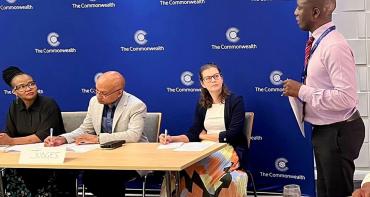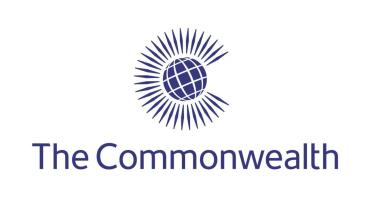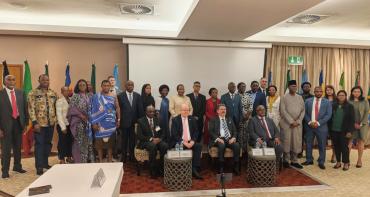Commonwealth independent observers put forward recommendations to Uganda’s Government and Electoral Commission to address concerns about the 2016 presidential and parliamentary elections in a report published today.

Commonwealth independent observers put forward recommendations to Uganda’s Government and Electoral Commission to address concerns about the 2016 presidential and parliamentary elections in a
Led by former President of Nigeria Olusegun Obasanjo, the 13-person Commonwealth Observer Group found the elections had “fallen well short of meeting many of the key democratic benchmarks for the conduct of credible elections”.
“Certain key concerns remain, namely, the increased prevalence of money in politics, the misuse of state resources and, the competence, credibility and the ability of the Electoral Commission to manage the process effectively,” President Obasanjo states in his foreword to the report.
President Obasanjo writes that the recommendations, which are offered in a “constructive spirit”, reflect similar concerns to those of Commonwealth groups observing previous elections. “We wish to convey our profound disappointment that none of the previous recommendations have been substantively addressed”, he says.
Uganda’s third multiparty presidential and parliamentary elections took place on 18 February. Voters were asked to choose between candidates at more than 28,000 polling stations. With more than two thirds of the electorate voting, incumbent President Yoweri Kaguta Museveni was re-elected with 61 per cent of the vote. His rival, Kizza Besigye Kifefe, achieved 35 per cent.
The report’s recommendations covered electoral administration, the campaign period and the media, as well as voting, counting and results processes. Among them is a call to review legislation on the appointment of the Electoral Commission “in order to establish public confidence”.
The report calls for a code of conduct for political parties, regulations stipulating expenditure ceilings on campaigns, and legislation limiting the use of State resources.
“More stringent and explicit regulations limiting the use of state resources for campaign purposes should be introduced, thereby helping to create a more level playing field for the elections,” the report states.
In addition, the report calls for both state-controlled and private media to be held to the standards of the Professional Code of Ethics and the Electoral Commission’s Media Guidelines, “particularly the need for impartiality and equitable coverage for all candidates”.
In his foreword to the report, President Obasanjo says: “We have strong concerns that many of the administrative and operational processes undertaken during the electoral cycle were flawed, to the extent that the election results cannot be said to ascertain fully the true will of the people of Uganda. Such concerns also extend to the restrictions placed on the free movement of key opposition members and their supporters at all stages of the elections”.
The observers’ report was made public after it was shared with the Government of Uganda, the Commissioner of Elections, political parties and other Commonwealth governments.
“While the Commonwealth is concerned about the recurring challenges raised in our independent observers’ report, the organisation - of which Uganda remains a valued member - looks forward to working with the Government, political parties, the Electoral Commission, civil society and all key stakeholders, on how best these recommendations may be implemented”, commented Neil Ford, the Commonwealth’s Spokesperson.



